Famous Swiss Actor.
Born: March 22, 1941, Seebach, Switzerland
Died: February 16, 2019, Au, Switzerland
Bruno Ganz
Born March 22, 1941 in Zürich-Seebach, Switzerland
Died February 16, 2019 in Zürich, Switzerland (cancer)
Nickname Der Engel
Height 5' 6" (1.68 m)
Mini Bio (2)
Bruno Ganz was an acclaimed Swiss actor who was a prominent figure in German language film and television for over fifty years. He is internationally renowned for portraying Adolf Hitler in the Academy Award-nominated film Downfall (2004).
Ganz was born in Zürich, to a Swiss mechanic father and a northern Italian mother. He decided to pursue an acting career by the time he entered university. He debuted at the theatre in 1961, and gained a reputation as a reflective, charismatic and technically brilliant stage actor. In 1970, he and Peter Stein founded the theatre company 'Schaubühne' in Berlin, Germany. On stage, Ganz portrayed Dr. Heinrich Faust in Peter Stein's staging of Faust, Part One and Faust, Part Two in 2000.
In cinema, Ganz became one of the best-known and most acclaimed actors in the German language, collaborating with many of the most respected European actors and directors of his time. He also starred in international features that reached a global audience. His film debut was The Gentleman in the Black Derby (1960). He also starred in Unknown (2011), The Counselor (2013), and The Party (2017).
Ganz died from cancer on 16 February 2019 at his home in the village of Au, in Wädenswil, Switzerland.
Spouse (1)
Sabine Ganz (1965 - 16 February 2019) ( his death) ( 1 child)
Trade Mark (3)
Frequently played reflective, troubled characters
Charming smile
Gentle voice and friendly persona
Trivia (16)
Son of a Swiss worker and his Northern Italian wife.
Inherited the mysterious Iffland-Ring from Josef Meinrad, which is given to the most important actor of German speaking theater since over 200 years. In his testament, Ganz declared that the German actor Jens Harzer should be the next recipient.
Once he was offered the leading role in Pretty Woman (1990), but he ultimately turned it down.
His son Daniel was born in 1972.
Lived in his hometown Zurich with homes in Venice and Berlin.
Played the leading character in the 11-hour stage performance of "Faust I" and "Faust II" (2000) directed by Peter Stein at the 2000 Expo in Hanover, Germany. This legendary performance was also shown on TV in Johann Wolfgang von Goethe: Faust I (2001) (directed by Peter Schönhofer) and in Johann Wolfgang von Goethe: Faust II (2001) (directed by Thomas Grimm).
Chosen "Actor of the Year" in 1973 by "Theater heute" magazine for his role in "Der Ignorant und der Wahnsinnige" at the Salzburg Theater Festival.
His longtime companion was the photographer Ruth Walz.
He was in a relationship with Romy Schneider at the beginning of the 70s.
In his almost six decades long film career he collaborated with 3 Academy Award-winning directors (Franklin J. Schaffner, Jonathan Demme and Francis Ford Coppola) and 6 directors who were nominated for 'Best Director' (Wolfgang Petersen, Stephen Daldry, Ridley Scott, Barbet Schroeder, Atom Egoyan and Terrence Malick). He also worked with 2 directors, who won the Academy Award for 'Best Foreign Language Film' (Volker Schlöndorff and Bille August) and another 5 directors who were nominated for it (Hans W. Geissendörfer, Claude Goretta, Friðrik Þór Friðriksson, Oliver Hirschbiegel and Uli Edel). Additionally, he worked with 5 directors, who were nominated in other categories (Éric Rohmer, Wim Wenders, Werner Herzog, David Hare and Lars von Trier).
Acted in 3 features nominated for the 'Best Foreign Language Film' Academy Award (Children of Nature (1991), Downfall (2004) and The Baader Meinhof Complex (2008)) and in 1 feature nominated for 'Best Picture' (The Reader (2008)).
His performance as the angel Damiel in Wings of Desire (1987) became so iconic, that he could make a short and silent appearance as the same character in Children of Nature (1991) without confusing the audience. Later, he would reprise the role in the sequel Faraway, So Close! (1993).
His last name meant "whole" in German.
President of the German Film Academy (alongside actress Iris Berben) from 2010 to 2013.
Starred in both of the 2 features that Austrian novelist, playwright and Nobel Prize winner Peter Handke directed for cinema: The Left-Handed Woman (1977) and The Absence (1992).
He was one of the most prominent actors of the 'New German Cinema' and worked together with most of its key directors: Haro Senft, Hans W. Geissendörfer, Wim Wenders, Peter Handke, Reinhard Hauff, Werner Herzog, Harun Farocki, Volker Schlöndorff, Alexander Kluge and Rudolf Thome.
Personal Quotes (3)
[on his performance in Downfall (2004)] Ultimately, I could not get to the heart of Hitler because there was none.
[on Downfall (2004)] What people need is for Hitler to actually represent evil itself. But what is evil itself? That means nothing to me. I have to perform a living human being. (...) We know how to judge Hitler. We don't need another film that condemns him. We already know where we stand on this. I mean, there is certainly no sympathy for Hitler in the film. [Irish Times, 2005]
[recounting how people ascribed special powers to him when they recognized him in public, because of playing the angel Damiel in Wings of Desire (1987)] People in planes said: 'Ah, no need to be afraid, because with you here, nothing can happen. Now we are safe.' Or a mother said to her child: 'Look, there's your guardian angel.' They weren't joking.
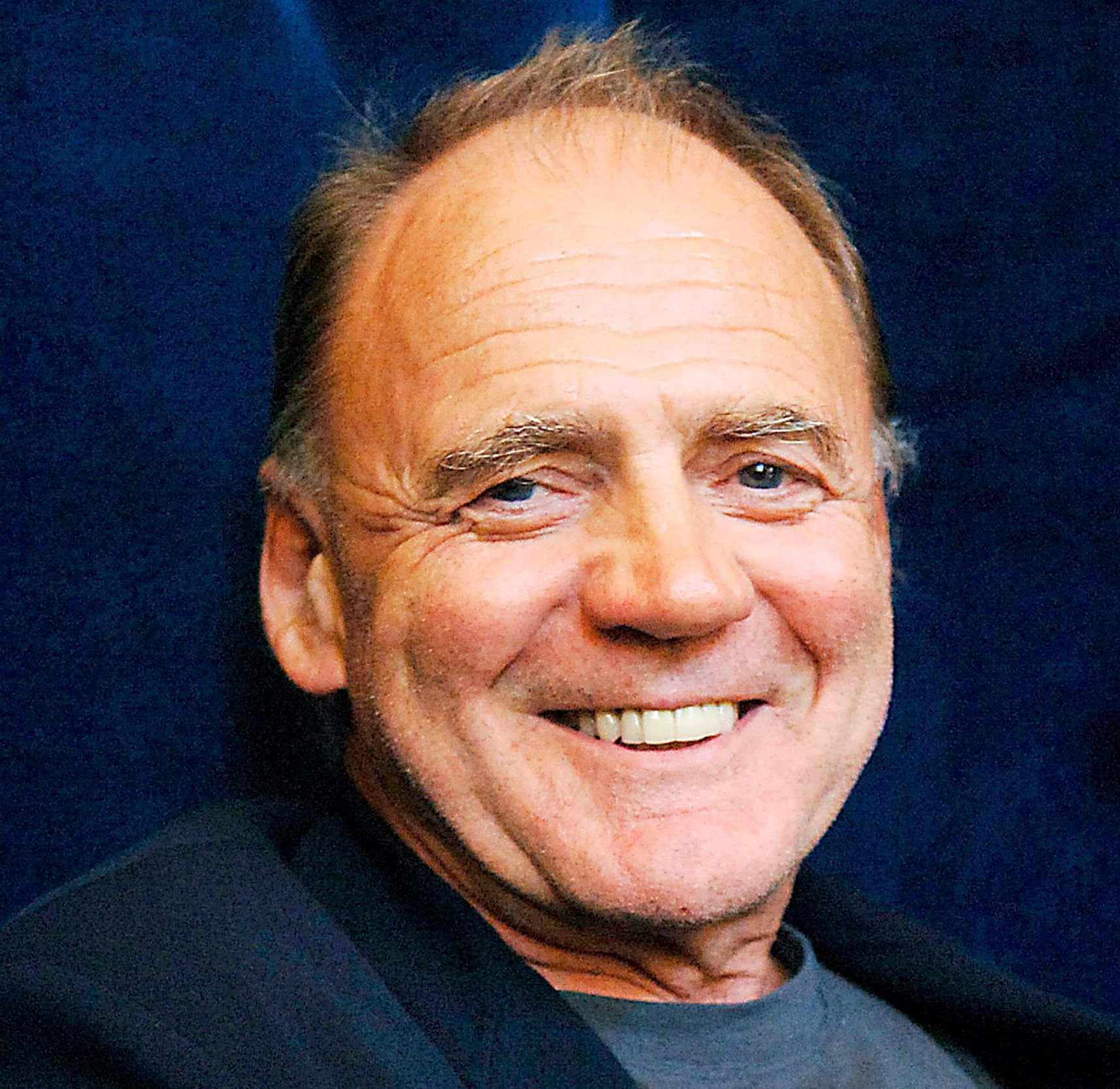
 Amanda S. Stevenson
Amanda S. Stevenson 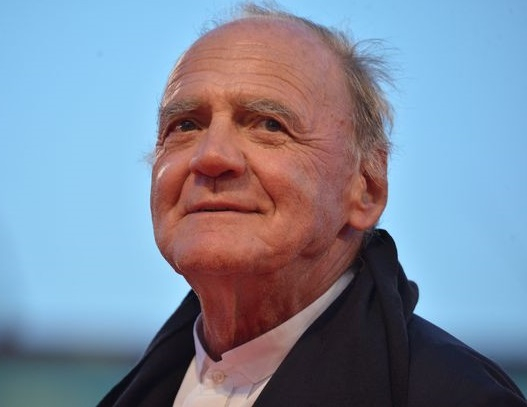
 Amanda S. Stevenson
Amanda S. Stevenson 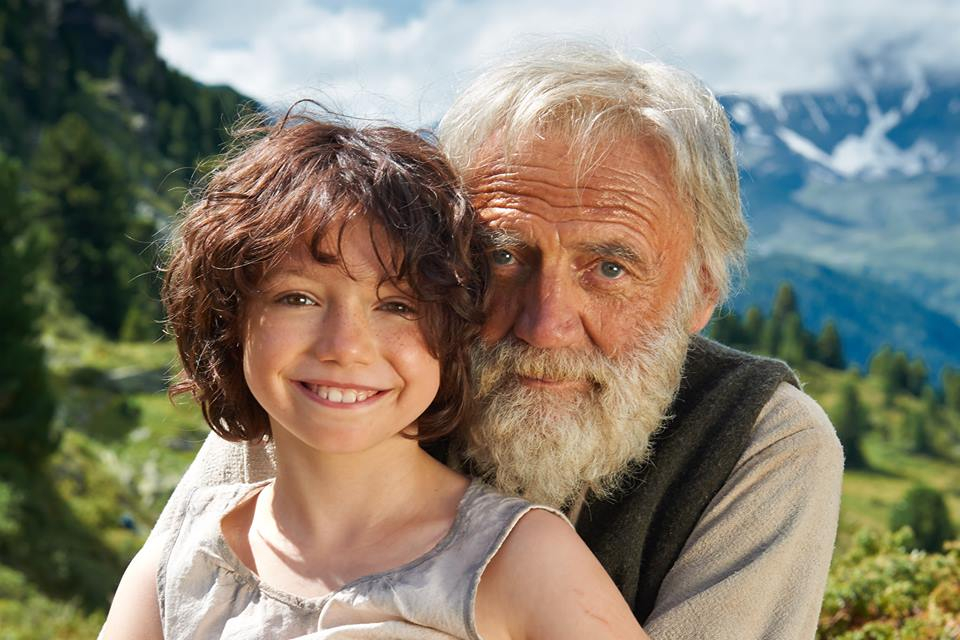
 Amanda S. Stevenson
Amanda S. Stevenson 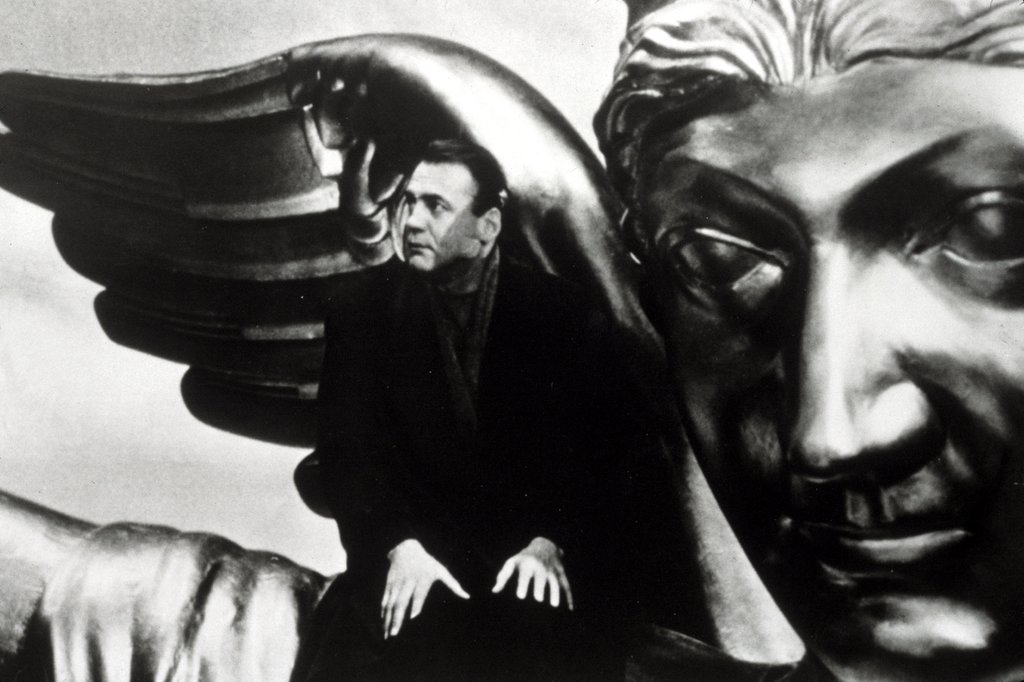
 Amanda S. Stevenson
Amanda S. Stevenson 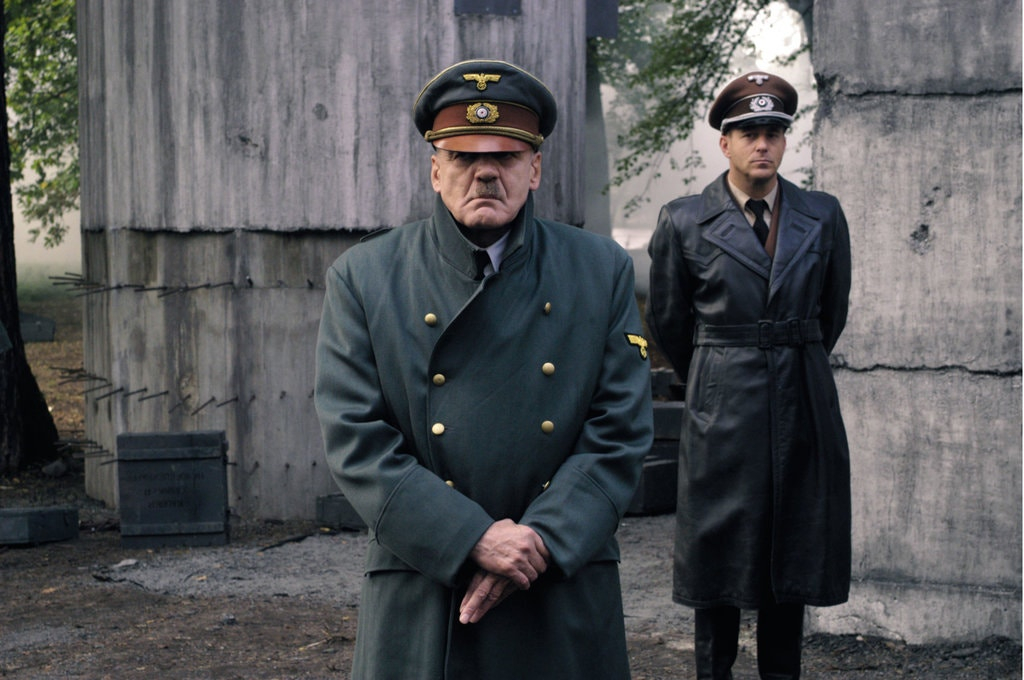
 Amanda S. Stevenson
Amanda S. Stevenson 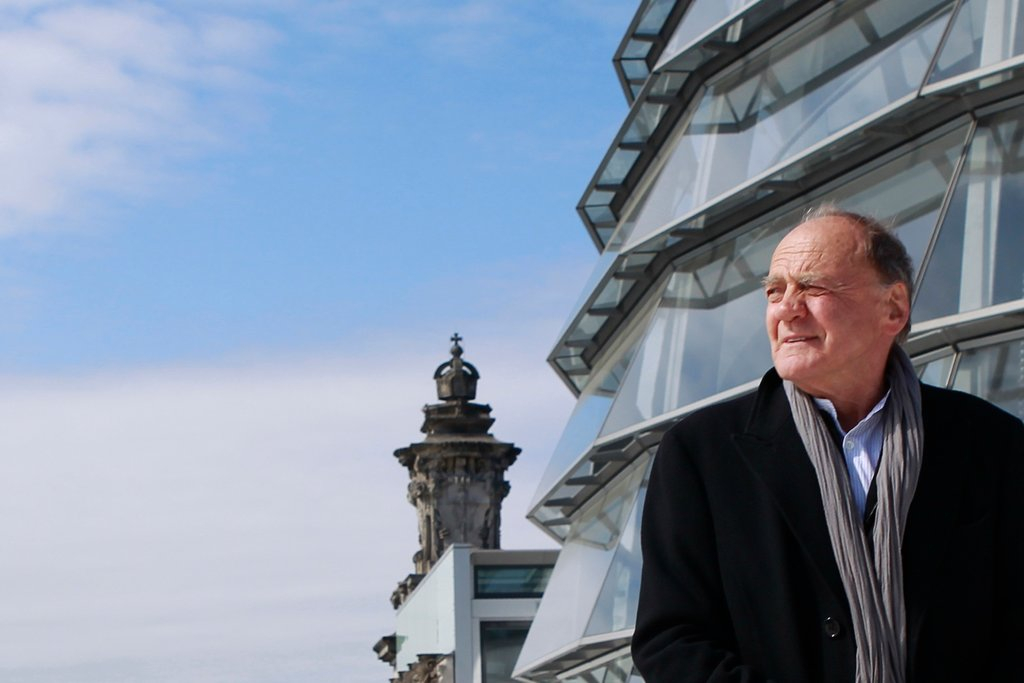
 Amanda S. Stevenson
Amanda S. Stevenson 